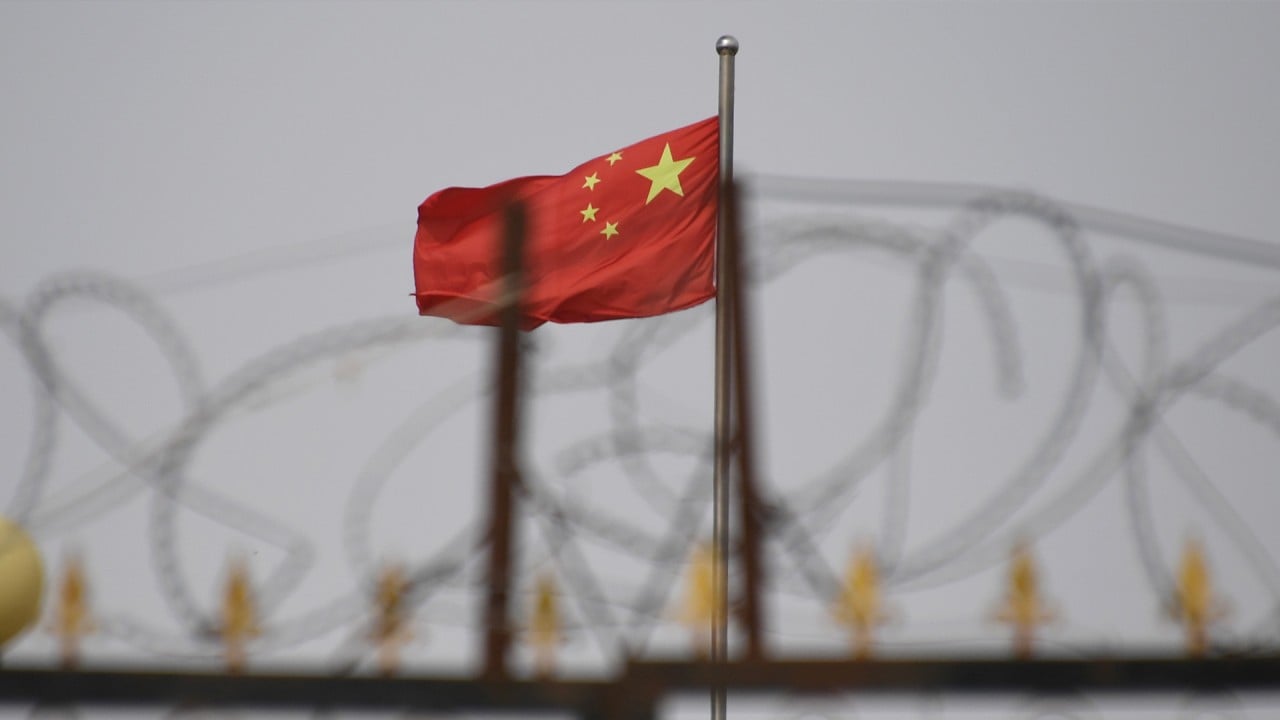
As China-EU ties regress, Brussels’ envoy asks: are we back in the Mao era?
- Nicolas Chapuis picks up on the phrase ‘evil spirits and ghosts’, used by Communist Party mouthpiece about challenges to China’s development
- He compares the hostile tone to ‘niugui sheshen’, a phrase made popular by Mao Zedong, notably during the Cultural Revolution
Speaking at a reception for journalists held by the EU embassy in Beijing on Thursday, Nicolas Chapuis noted the tough language used by China to define its situation, and referred to an article by Communist Party mouthpiece People’s Daily that said China would continue its development despite “evil spirits and ghosts”.
“I do not recall in 42 years of my diplomatic career in China such language being used,” he said. “Are we back to niugui sheshen?”
Holder of a doctoral degree in Chinese studies, Chapuis has served in a handful of diplomatic roles in China since 1980, first for France and later for the EU.
He was quoting a People’s Daily article published on Tuesday, written by “the party committee of the Ministry of Foreign Affairs”.
Chapuis read an entire passage from the article: “It is time for China to cast aside illusions, have the courage to struggle, never purge principles, never give up an inch of land. We will carry forward the spirit of not believing in evil spirits and ghosts, fight to the end with all strength those who intend to subvert the leadership of the Communist Party of China and China’s socialist system, delay or even block the great rejuvenation process of the Chinese nation and safeguard national sovereignty, security and development interests.”
Other lines, addressing China’s stance regarding “external pressure” – a common reference to an increasing divide with the West – repeated word for word part of a resolution passed during last month’s party plenum.
What is the China-EU CAI and how is it different from a trade deal?
Under Xi’s leadership, Beijing has also adopted a more hardline diplomatic stance on issues viewed as encroaching on its “core interests”, such as territorial integrity and national security.
Chapuis, the EU’s ambassador to China since 2018, also expressed frustration with issues in China ranging from freedom of information to Covid-19 control policies to the trade and business environment.
“More and more voices in China question whether the zero-Covid policy, dynamic or not, is sustainable,” he said.
“Further Chinese coercive measures have taken place against individual European businesses and most recently against one of our member states,” he said. “We see increased concerns about China’s respect for the rule-based international order. I am told that this is our own making.”
Another recent dispute stemmed from Lithuania’s efforts to expand ties with self-governing Taiwan, which Beijing considers a rogue province.
The EU has threatened China with a World Trade Organization lawsuit if reports of an embargo on Lithuania’s exports to and imports from China prove accurate.


